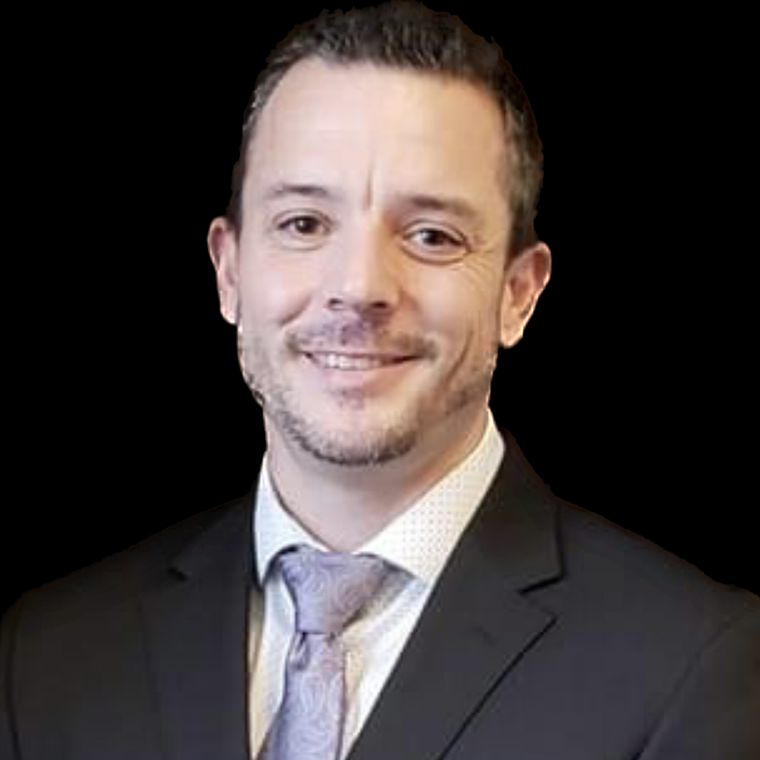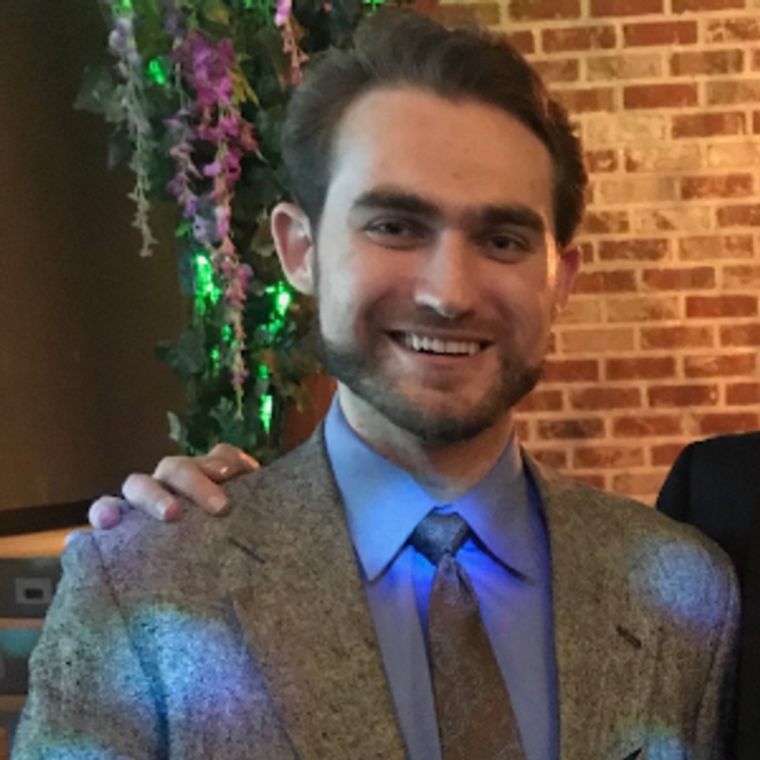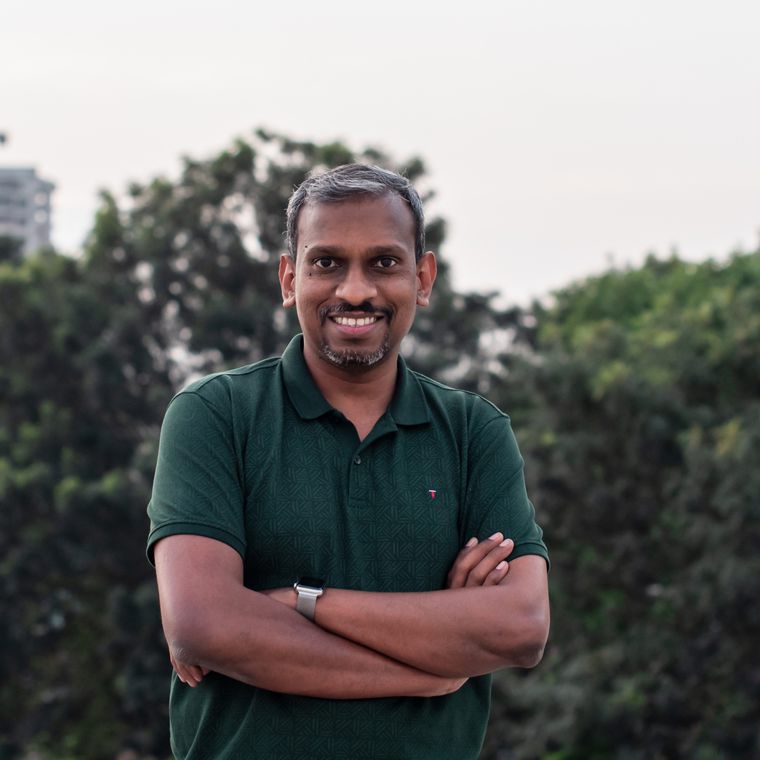Abnormal Voices: Meet Pranav Singh, Software Engineer II
Describe yourself in three words.
Analytical, Adaptable, Collaborative
Tell me what you do at Abnormal.
I work as a Technical Lead on the Business Value Analysis (BVA) team, where we develop self-serve analytics tools that help customers and internal teams quantify Abnormal's security impact. My role involves architecting scalable systems, improving reliability and performance, and integrating GenAI-driven reporting solutions. I work closely with cross-functional teams, particularly the GenAI team, to enable real-time insights and dynamic report generation.
What does a typical day look like for you?
My day is a mix of coding, technical design, and collaboration. About 50% of my time is spent writing and reviewing code, focusing on system improvements, backend optimizations, and integrations. The rest is split between design discussions, mentoring engineers, and working with AI-driven tools to enhance report generation. I also spend time debugging production issues, refining feature specifications, and aligning with stakeholders.
What's the most interesting technical challenge you've tackled in the past six months?
One of the most interesting challenges was transitioning BVA from static reports to a GenAI-powered, dynamic report generation system. The old system relied on hardcoded templates and QueryLib, making it rigid and unable to support real-time insights.
I led the redesign by introducing a centralized slide repository, which allowed GenAI to intelligently select slides and populate data dynamically. We also migrated to an event-driven Kafka pipeline, which decoupled report hydration and improved scalability. The result? A flexible, AI-driven reporting system that provides personalized, data-rich insights to customers.
How has working with AI changed your approach to engineering? What new skills have you developed?
Working with AI has changed how I think about engineering. Instead of relying on strict, rule-based logic, I’ve learned to embrace a more flexible, probabilistic approach, constantly testing, refining, and adapting. AI has made me more automation-driven, helping me debug faster, refactor smarter, and accelerate development.
I’ve also developed prompt engineering skills and, with tools like ChatGPT, Cursor, and Copilot, I can explore design ideas faster, optimize systems more effectively, and communicate better with stakeholders.
What's been your biggest "aha moment" while working with AI?
One of my biggest "aha moments" was realizing how much AI can accelerate problem-solving and decision-making. Instead of manually debugging complex issues or spending hours refining a design, AI tools like ChatGPT, Cursor, and Copilot can quickly surface insights, suggest optimizations, and even generate alternative approaches I hadn’t considered.
This shift has changed how I approach engineering—not just as writing code, but as orchestrating the right tools to maximize efficiency and creativity.
How do you see AI transforming our industry? What role do you play in that transformation?
AI is transforming cybersecurity by shifting from rule-based automation to intelligent decision-making. It enables real-time anomaly detection, proactive threat analysis, and automated risk assessments. This transformation demands scalable, reliable, and explainable AI systems.
My role is to bridge AI capabilities with engineering best practices, ensuring the infrastructure supporting AI-driven decisions is fast, trustworthy, and effective. By integrating AI into BVA, I’ve helped make reporting more insightful and interactive, empowering customers with better security intelligence.
What's your favorite aspect of the engineering culture at Abnormal that might surprise people?
I appreciate the strong emphasis on ownership and velocity. Engineers here are trusted to take full responsibility for their work, from design to deployment.
Velocity isn’t just about moving fast—it’s about iterative development with a crawl-walk-run mindset, allowing us to experiment, learn, and refine continuously. What might surprise people is how much autonomy we have to drive impactful changes while maintaining a balance between speed and long-term scalability.
What flexibility do you have in structuring your workday?
I have a lot of flexibility in structuring my workday, which helps me stay productive without feeling overwhelmed. I can schedule deep-focus time for coding while making space for collaboration when needed.
This allows me to work when I’m most effective—whether it’s tackling a complex bug or brainstorming solutions with the team. It also makes a difference personally, giving me time to recharge, learn, and maintain a better work-life balance.
What does connection look like for you at work in a remote environment? How do you stay connected to your team?
Staying connected remotely is all about being intentional. I make it a point to check in regularly, whether through team standups, async updates, or quick calls when needed.
Beyond work, I stay engaged through casual chats and celebrating wins together—it makes a big difference. Sharing progress, asking for feedback, and supporting teammates helps maintain that sense of team, even from a distance.
Tell me about your career journey at Abnormal. How have you grown?
My journey at Abnormal has been a huge growth experience—I started as an individual contributor and evolved into a tech lead. Along the way, I’ve taken on bigger challenges, led key projects, and mentored others.
Stepping into this role has pushed me to think more strategically, collaborate across teams, and drive impactful decisions. Looking ahead, I want to continue refining my leadership skills and help shape the team’s future.
Why do you stay at Abnormal?
I stay because of the level of ownership, the fast-paced and iterative culture, and the smart, driven people I work with every day. There’s always a new challenge to tackle, and the trust to take on impactful projects keeps me motivated.
Plus, the collaborative environment makes solving tough problems both rewarding and fun.
What advice would you give to anyone hoping to join Abnormal?
Be ready to take ownership, move fast, and embrace ambiguity. At Abnormal, you’ll have the freedom to drive impactful projects, but that also means stepping up, iterating quickly, and constantly learning.
Bring a problem-solving mindset, be open to feedback, and don’t be afraid to challenge ideas—everyone here values thoughtful discussions and a bias for action.
_____
If you’re looking for a high-impact role where you can grow, take ownership, and work with cutting-edge tech, Abnormal is the place to be. Check out our open roles.




















